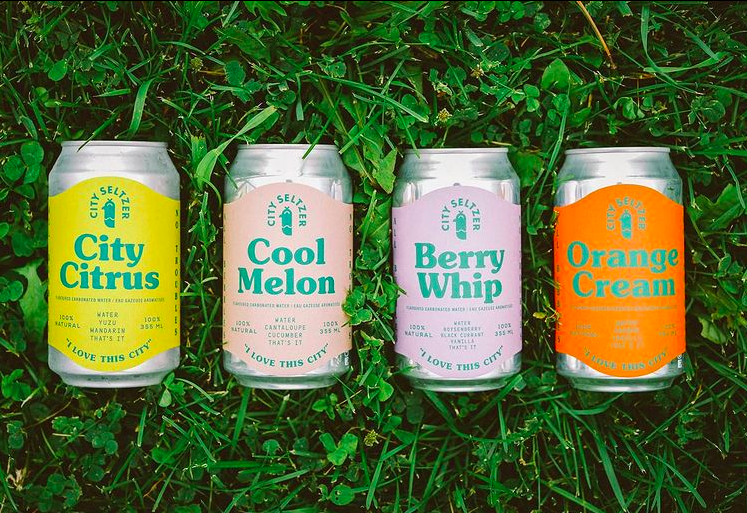Recent news out of Quebec has caught the attention of the packaging industry. As of September 1, 2021, the province became the first in the nation to ban plastic sleeves and plastic labels on cans, recommending instead that brands shift towards paper labels or direct printing. For larger brands, the mandate won’t likely mean many changes as they regularly produce the volume required for direct printed cans (and in many cases, already use this technology). For smaller companies such as microbreweries and beverage companies, however, the picture is more complex. Read on to learn more about the challenges of passing on plastic and learn how Lorpon can help.
Issues with plastic labels
Plastic labels on aluminum cans can cause a number of issues at the recycling smelter. The plastic in the labels can cause fires in the smelter and if the plastic burns, it emits toxic fumes into the atmosphere.
From an economic standpoint, plastic also poses a problem. Aluminum smelters buy by weight. Currently, a portion of the weight is attributed to the plastic in shrink sleeves and labels and smelters are not keen on paying for material that is not actually aluminum.
Here’s a look at alternative labelling options and the pros and cons for each.
Direct printing
Pros
Direct printing on bottles and cans eliminates label waste entirely by applying the information directly to the can, thus avoiding the need for labels, plastic or otherwise, all together.
Cons
Direct printing requires a huge amount of volume, making the costs for direct printing unaffordable for small producers. In fact, even some large producers can’t justify the volume that direct printing requires for each one of their products. Some flavours are less popular than others and meeting the volume that direct printing requires means creating massive waste in their supply chain and tying up cash and space for inventory that won’t sell. As a result, some large producers are switching back to labels.
Digital direct to print
Pros
This option is more attainable for smaller brands as it doesn’t require the volume of direct printing and large cash flow required, however it comes with its own set of challenges.
Cons
Digital direct to print is not a mature technology and the quality of the printing can be varied depending on a number of factors. Even the higher quality systems in this category have their limitations: production is slow with approximately 60 cans per minute; most only accommodate 355ml size cans; and they can’t print on the neck of the can (and even if they could it’s not advisable as the quality is poor).
Generic paper labels
Pros
Paper labels can be more cost effective for small producers, offer more flexibility with shorter print runs and faster speed to market. You can also get much higher quality custom printing using paper labels with printing techniques, embellishments and decorative effects that are not available with direct to print.
Paper labels also burn to ash in a recycling smelter which puts them ahead of plastic from an environmental perspective, but when it comes to packaging beverages, producers have some concerns.
Cons
Paper labels are not as durable—they are more susceptible to scratching, scuffing, or wrinkling when they come into contact with water.
Aquashield labels
Pros
Here at Lorpon Labels, we have our own paper label product called Aquashield that can withstand the effects of moisture while providing a quality surface for your design. These pressure-sensitive (PS) labels offer all the benefits of a paper label mentioned above—greater flexibility, faster speed to market, and higher quality printing than products labelled using digital direct to print technology.
Need more convincing? Take a look at Dominion City’s non-alcoholic City Seltzer brand, a line of 100% naturally flavoured carbonated water that Lorpon labelled on one of our many Aquashield stocks. As the copy says, “All bubbles, no troubles.”
For now, the packaging industry is watching to see if or how Quebec’s ban on plastic labels will affect the rest of Canada. In the meantime, if you’re a beverage company using digital direct to print or paper labels and you’re unhappy with the results, contact us. We can help.
